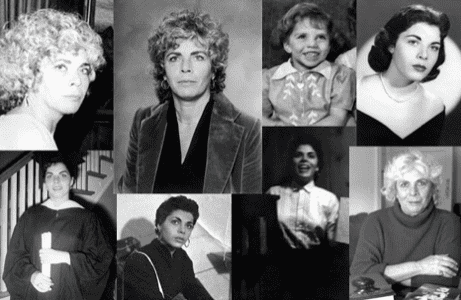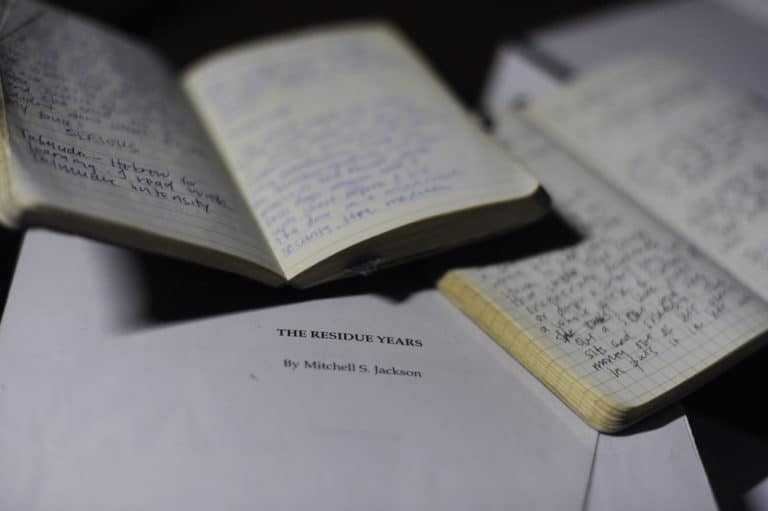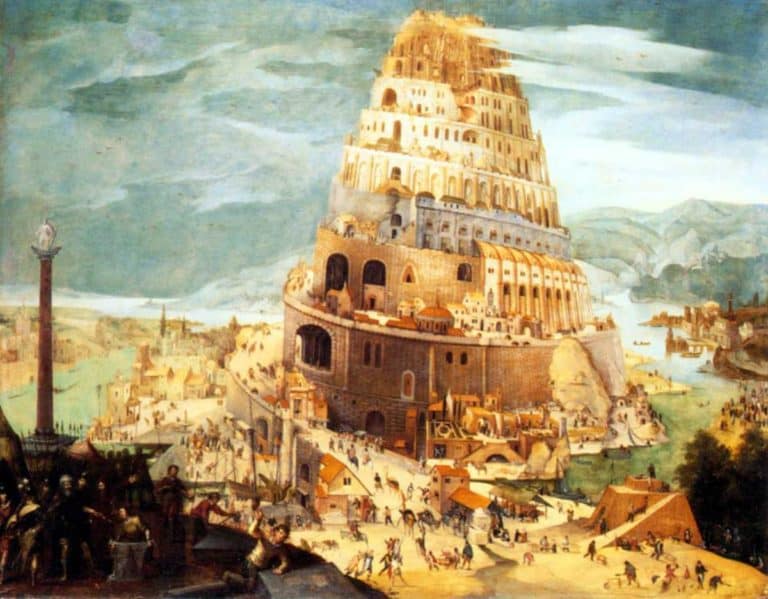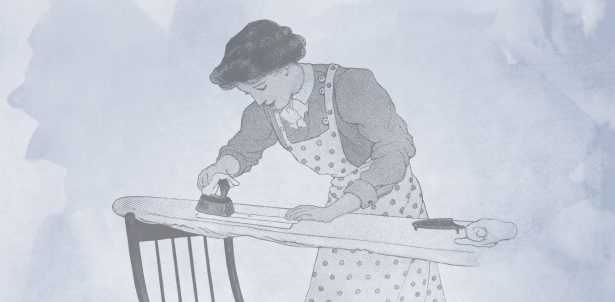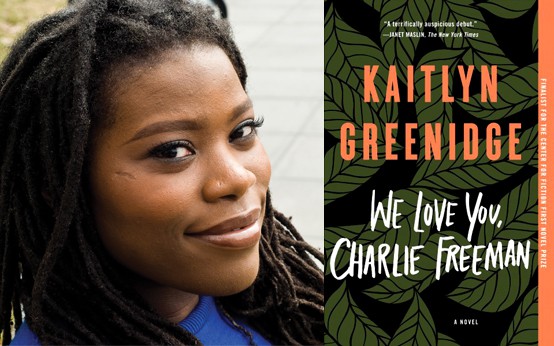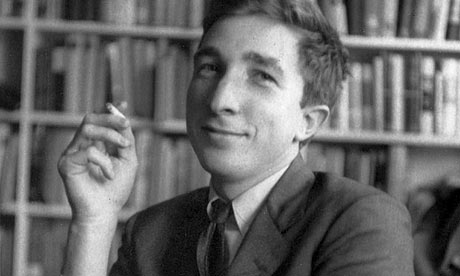I’m glad to be here today, because Wharton was a huge influence on my own work, and I think on that of most American fiction writers today. So we’re grateful to her.
Edith Newbold Jones was born—right here—in 1862. Hers was a small, privileged world, in which family was more important than wealth. This world was tribal and insular, with a rigid caste system and a strict code of behavior. The code was Puritanical, driven by moral rectitude, self-reliance, and stoicism. Self-control was essential; emotional display was anathema. To grow up in that society—and many of us here today did—was to know the enormous social forces implicit in the command, “Don’t make a scene.”
Edith learned the rules most particularly from her mother. Lucretia Stevens Rhinelander Jones was well born, impecunious, and savagely snobbish. She was dedicated to the rules of decorum.
When Edith was a young matron, unwittingly she let her new coachman pass her mother’s coach, as they both drove along the main street in Newport. That was a nearly unforgivable insult, and Edith had to hurry to her mother’s house to apologize. She explained that her new coachman hadn’t recognized her mother’s coach. Her mother said coldly, “Why didn’t you tell him?”
Wharton knew the rules—how long a widow’s veil should be, which fork should go on the outside at a place setting—and she followed them. (She was also a bit of a snob.) She understood the formalized world. But she also felt the presence of another, unacknowledged one. This one held emotions and ideas, and it seethed around her like an invisible mist. The conflict between the mannered, mandarin world, and the passionate, uncontrollable one would provide the central dynamic of her work.
That tension is most beautifully and powerfully expressed in her two greatest novels about New York, The House of Mirth and The Age of Innocence. She wrote them at different times, and they show her changing views. She wrote The House of Mirth in 1905, when she was trapped in a degrading marriage to a husband who was mentally unstable, intellectually limited, and emotionally duplicitous. Wharton knew that divorce was social suicide, and saw no escape for herself. The House of Mirth reflects her rage and desperation: This New York is cold and vapid, greedy and heartless.
After World War I Wharton’s view changed. In 1921 she was divorced and living in France, financially secure, respected, with a thriving social life. Realizing that it had vanished, she began to reflect on the New York of her childhood. The Age of Innocence is a true elegy, mournful and respectful. This New York is dignified and compassionate, and its social codes are based on nobility.
Edith Wharton’s great theme is stifled passion and the suffocating soul; she explored this through the charged erotic constellation of marriage, adultery, divorce, and betrayal. She explores it through the changing lens of her own experience. At the core of her work lies passion, that dangerous, forbidden, and powerful presence. Her bravery in venturing into banned territory, and her courage in setting down what she found, with such eloquence and intensity, is the true legacy of Edith Wharton.
In her world, a lady’s name was supposed to appear in print and in public only three times: at birth, marriage and death. But I think she’d be pleased by this public and enduring moment in which we name her as one of our greatest writers: Edith Wharton.





